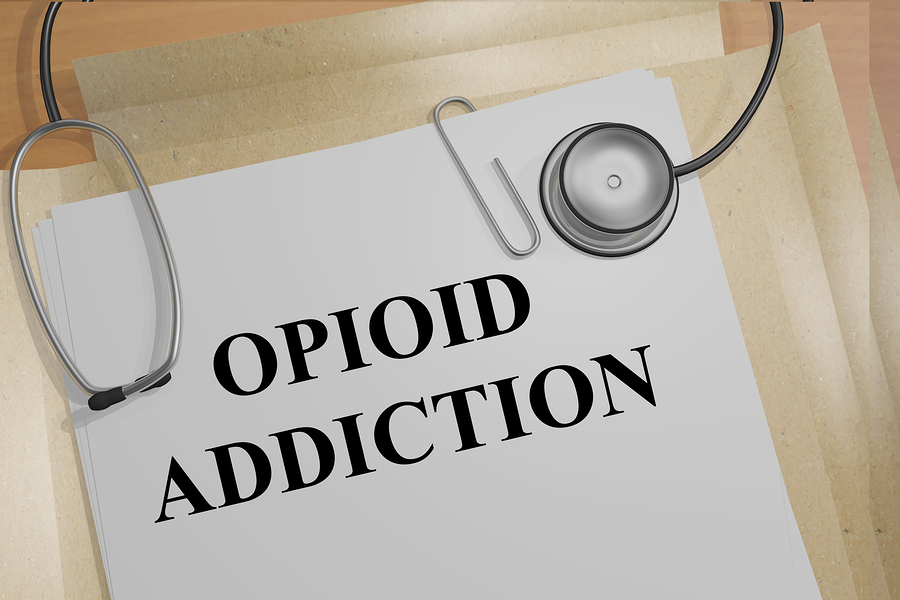Your decision to go to rehab is courageous, but it’s also probably backed with an array of thoughts and some anxiety—what will it cost? How will I pay for it? And what happens next?
These are all common concerns when someone decides to go to rehab. The cost of treatment for addiction to drugs or alcohol depends widely on the type and level of care required. Many inpatient programs are available offering a range of treatment options for all income levels. If you’re looking for residential rehab either for yourself or for a loved one, call 1-888-605-7779 to speak with a caring treatment advisor about your needs.
Paying for Inpatient Rehab with Insurance
For many, health insurance plans are the primary source of financial support when it comes to paying for drug or alcohol rehab. Thankfully, many rehab centers accept private health insurance plans as well as a range of employer provided insurance plans and state coverage such as Medicaid or Medicare.
Most private insurance plans such as those from Cigna or Aetna, provide substance abuse treatment coverage up to 70% or more. Many plans cover 100% of the cost of drug or alcohol rehabilitation which means you can get help for no out-of-pocket costs aside from your typical insurance premiums or co-pays. Call your insurance provider or give our helpline a call to find out if your insurance is accepted at an inpatient rehab center near you.
Depending on your insurance provider you may need to speak with a special department about your coverage details as they pertain to substance abuse treatment. Coverage amounts vary by individual policy, location of treatment, and various other factors that are unique to your situation.
To support those seeking treatment for addiction, each insurance company provides confidential services including:
- Substance abuse and mental health services
- Helplines to help you understand your insurance coverage and the addiction treatment expenses that you may be responsible for.
- Individual access to therapeutic care and aftercare support services.
- Unique coverage options for people looking for detox, inpatient rehab and partial hospitalization coverage programs.
How Does the Affordable Care Act Figure In?
Individuals insurance under the Affordable Health Care Act or Obamacare can also receive financial assistance for their addiction now that the ACA has eliminated penalization for pre-existing health conditions. Under new policy terms, individuals who have previously battled addiction and are considered to have a pre-existing problem can still receive quality addiction treatment services that are covered up to 90% by health benefits.
Addiction to drugs or alcohol, as well as many mental health disorders, are now included in the essential health benefits that are central to the Affordable Care Act regulations set forth in Obamacare. This means that policies purchased through the HealthCare.gov system provide coverage for addiction including a range of services such as:
- Medical detox
- Outpatient detox
- Medication maintenance programs
- Inpatient rehab
- Outpatient rehab
- Aftercare services
- Therapy and counseling
Improvements in access to insurance for those who are struggling with diseases such as addiction or mental illness have created a window of opportunity resulting in more people getting the treatment help that they both need and deserve. Programs such as the ACA have also made it possible for intervention services and early prevention to take place during the abuse stages of substance use rather than waiting for treatment to begin once the addiction has reached a full-fledged stage of physical dependence.
Depending on the type of healthcare coverage you have from the Marketplace, drug and alcohol rehab could be covered up to nearly 100%. Here’s a look at what you can expect from each of the plan types:
- If you purchased a Bronze plan, your addiction treatment is covered up to 60%.
- If you purchased a Silver plan, your addiction treatment is covered up to 70%.
- If you purchased a Gold plan, your addiction treatment is covered up to 80%.
- If you purchased a Platinum plan, your addiction treatment is covered up to 90%.
- If you were eligible for and opted to purchase a Catastrophic coverage plan, your addiction treatment is covered up to 60%.
State Insurance Coverage for Drug Rehab
Many addicts do not have employment or are unable to pay for insurance coverage through a private party or through the Marketplace plan program. If you’re insured through Medicaid or Medicare (Federal and State Sponsored benefits) there are still many rehabilitation options to help you.
These programs will cover medically necessary addiction treatment in in-network rehab centers based upon individual eligibility requirements. If you do not have Medicaid or Medicare, but you’re struggling with addiction to drugs or alcohol, you may be able to get coverage that can help you get treatment for your addiction.
To be eligible for Medicaid you must meet one or more of the following requirements:
- Have a financial need—state limits vary but your income must be within a specific range that is generally maxes out just above poverty level.
- Be pregnant or have children.
- Be under age 19.
- Be over the age of 65.
To be eligible for Medicare, you must meet one or more of the following requirements:
- Be over the age of 65.
- Be permanently disabled.
Contact your state services office to determine if you are eligible for Medicaid or Medicare. If you are already receiving state health benefits, call our helpline at 1-800-522-0697 to find out if a rehab center near you accepts your health insurance.
What If I Don’t Have Insurance?
If you’re not covered by health insurance, inpatient rehab is still available and you can find options that are affordable for every budget. The cost of rehab can be quite high without insurance. Many factors contribute to the cost including:
- The length of time you are in treatment.
- The severity of your addiction.
- The location of the rehab center.
- The amenities offered by the rehab center.
If you don’t have health insurance, additional options that can help you to pay for inpatient drug or alcohol rehab include:
- Financing either through healthcare financing or through the rehab center itself.
- Help from friends, family or loved ones.
- Sliding fee rehab centers.
- Fundraising including crowdfunding programs.
- Grants and state or local government programs that offer assistance.
- Treatment grants offered through the rehab center.
- Treatment grants offered from SAMHSA the Substance Abuse and Mental Health Services Administration.
- Free rehab programs.
If you have questions about any of the above programs, call our helpline at 1-888-605-7779. We’ll help you figure out how you can pay for rehab so that you can focus more on what matters most—your recovery!



